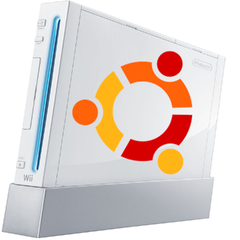Trying to use Microsoft Access to create a backup of a database accessed through ODBCAD connection
By
xearow
in Programming
in Programming
-
Featured Topics
-
Topics
-
1
-
3
-
Biffonick ·
Posted in New Builds and Planning3 -
jtrussell22 ·
Posted in Programs, Apps and Websites8 -
3
-
3
-
Wiibuntu ·
Posted in Linux, macOS and Everything Not-Windows16 -
0
-
1
-
1
-








.thumb.jpg.ab6821c090888206ddcf98bb04736c47.jpg)









Create an account or sign in to comment
You need to be a member in order to leave a comment
Create an account
Sign up for a new account in our community. It's easy!
Register a new accountSign in
Already have an account? Sign in here.
Sign In Now